- Resources
How to Deal with Homesickness as an International Student
-
Published 10 October 2025
5 minute read
-
Modified 27 October 2025
by Journal Student Living
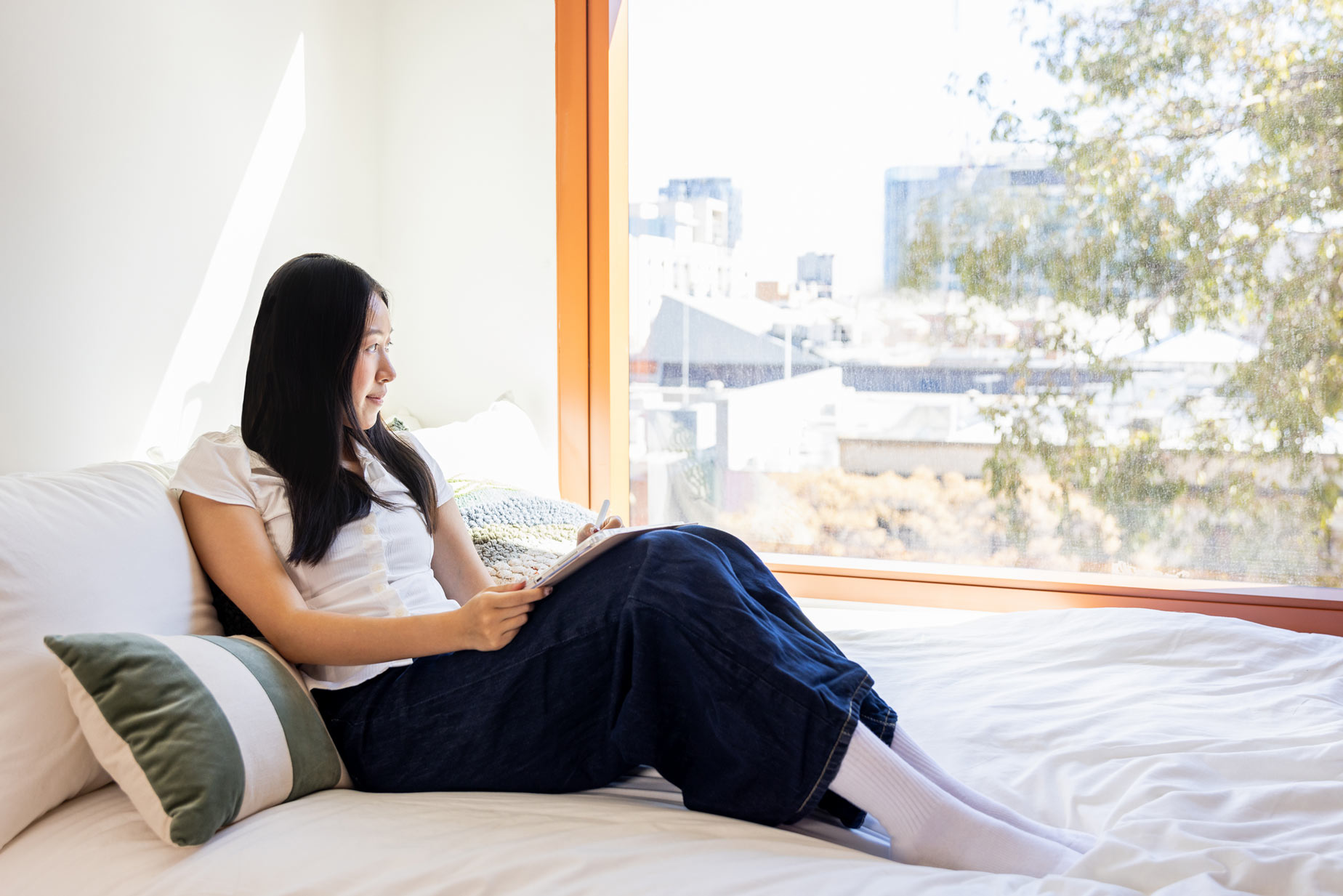
Published 10 October 2025
5 minute read 
Modified 27 October 2025
by Journal Student Living
Moving to a new country to study is exciting — new friends, new city, new student accommodation.
But between the assignments, late-night noodles and tram rides, there are quiet moments when you suddenly miss home. The people, the food, even the way your room used to smell. That’s homesickness — and it’s completely normal.
At Journal, we see it happen with many new international students. Missing home isn’t a sign of weakness. It’s a sign that you’ve come from somewhere you care about — and that you’re brave enough to start again somewhere new.

Homesickness is more than just missing home. It’s your mind and body adjusting to big change.
For many international students, this can show up as:
Your body is simply reacting to unfamiliar surroundings — different food, climate, people and routines. It’s your system’s way of saying, “I’m trying to feel safe again.”
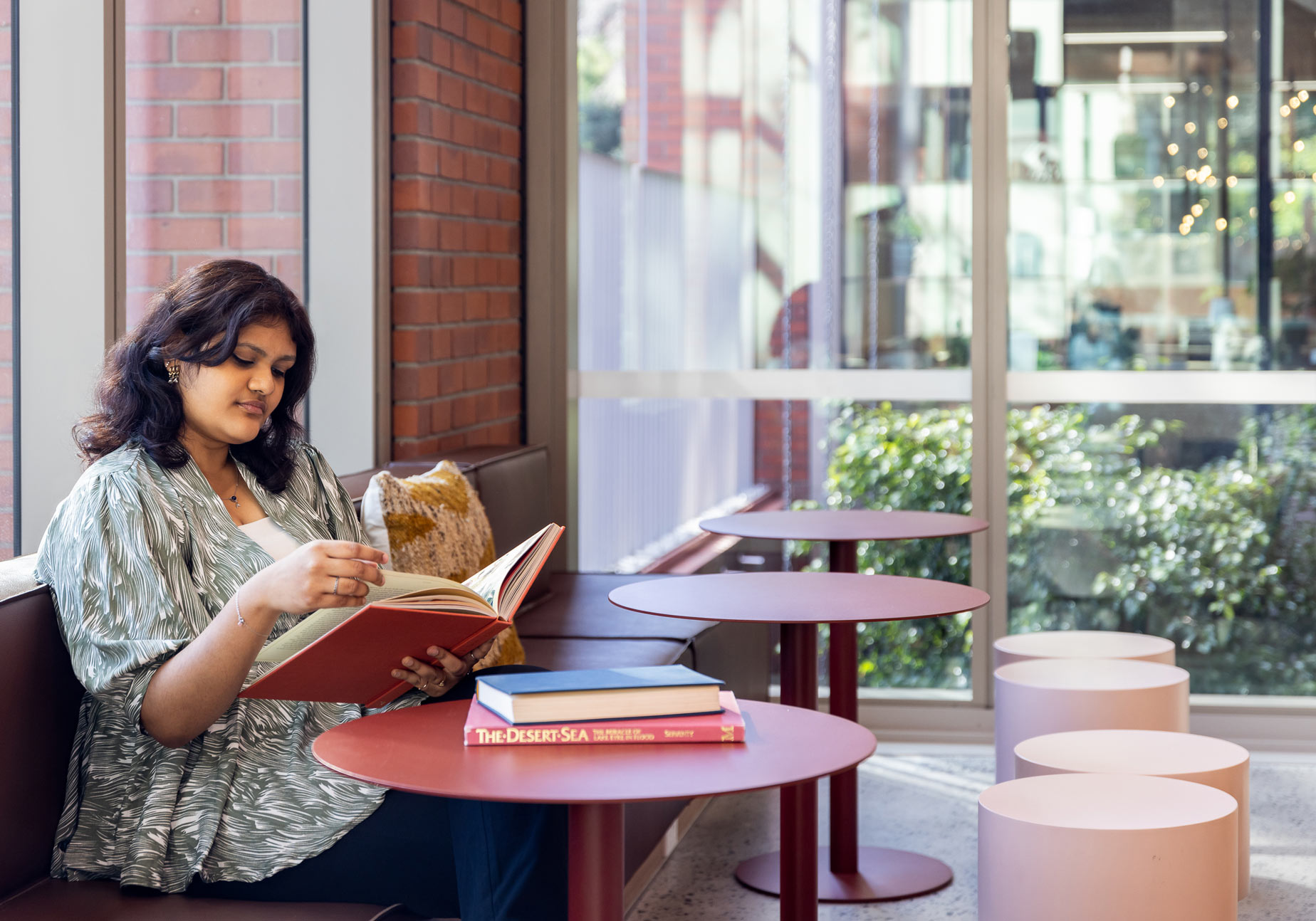
When we’re feeling homesick, our minds send signals through the body — tiredness, tension, even stomach discomfort.
That’s because emotions and the body are deeply connected.
So instead of fighting homesickness, listen to it.
Give yourself rest, move your body, and treat your daily habits as small anchors that help you feel grounded again.
A few examples:
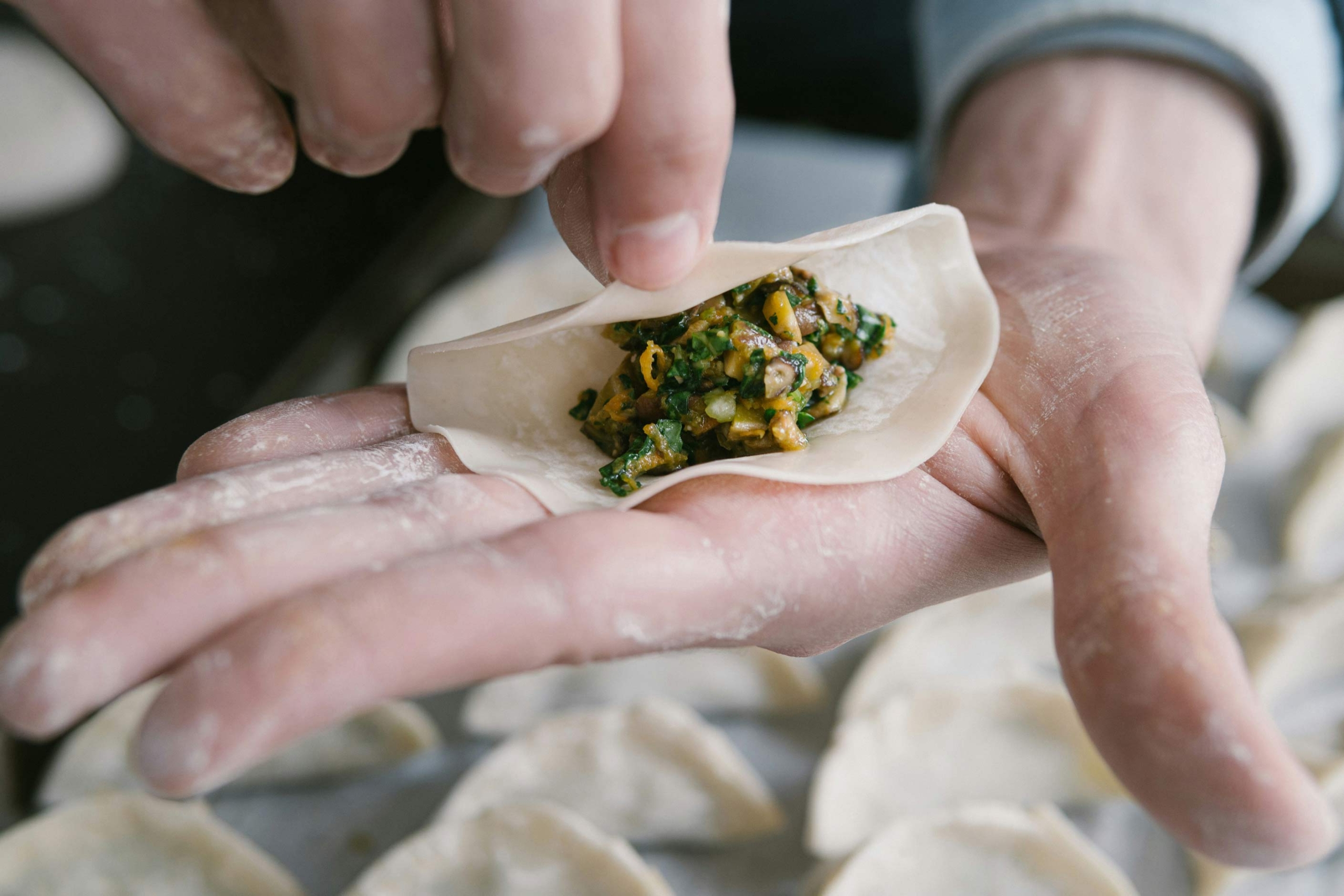
Photo by Matthieu Joannon on Unsplash
Routine creates stability. Start simple: wake up at a similar time, study in the same spot, or take a weekly grocery trip. Over time, these small actions become your new “normal”.
Regular calls with family and friends help, but don’t let them keep you from living your life here. Try sharing your Melbourne experiences with them — photos from your new neighbourhood, or stories from Journal events.
You don’t have to become the most outgoing person on campus overnight.
Join a club that genuinely interests you, or come to Journal’s movie nights, cooking classes or creative workshops.
Even a five-minute chat in the lift can be a start.
Exercise is one of the best ways to manage low mood and anxiety. Make the most of Journal’s 24/7 gym, borrow one of our free bikes for a ride around the city, or join the Journal running club for extra motivation. Even a short walk through Carlton Gardens after class can help clear your mind — movement releases endorphins, your body’s natural stress relievers.
Photos, candles, your favourite mug — small touches make a big difference. When your room feels familiar, your mind relaxes.
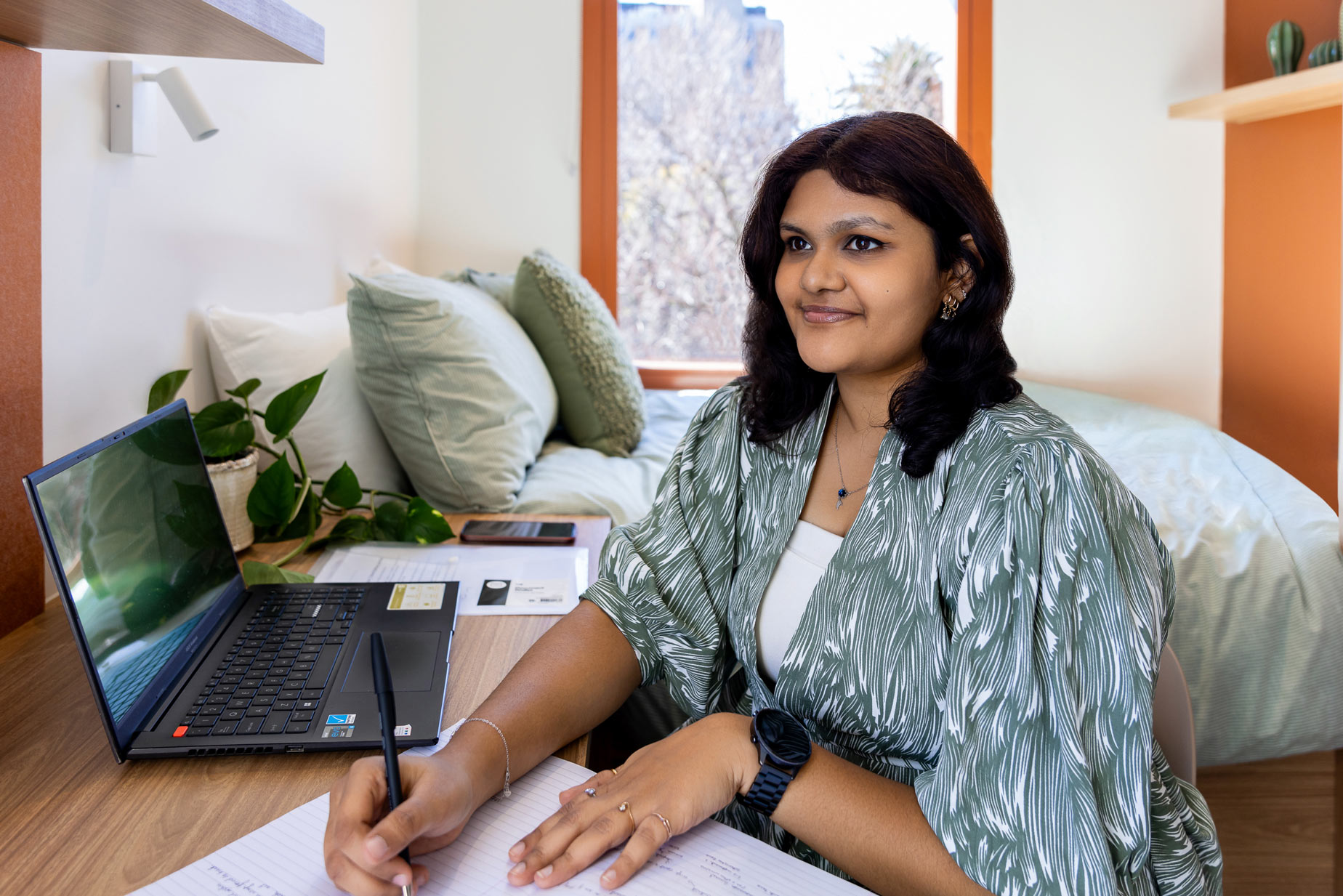
Homesickness fades when connection grows.
At Journal’s student accommodation, you’ll find countless ways to connect — from cooking classes and creative workshops to movie nights and running clubs. There’s always something happening, and always someone new to meet plus lots of other fellow new international students.
Build connections that last a lifetime, in student accommodation that feels like yours.
Journal’s made with comfort, community and happiness in mind — so your student accommodation experience is truly once in a lifetime.
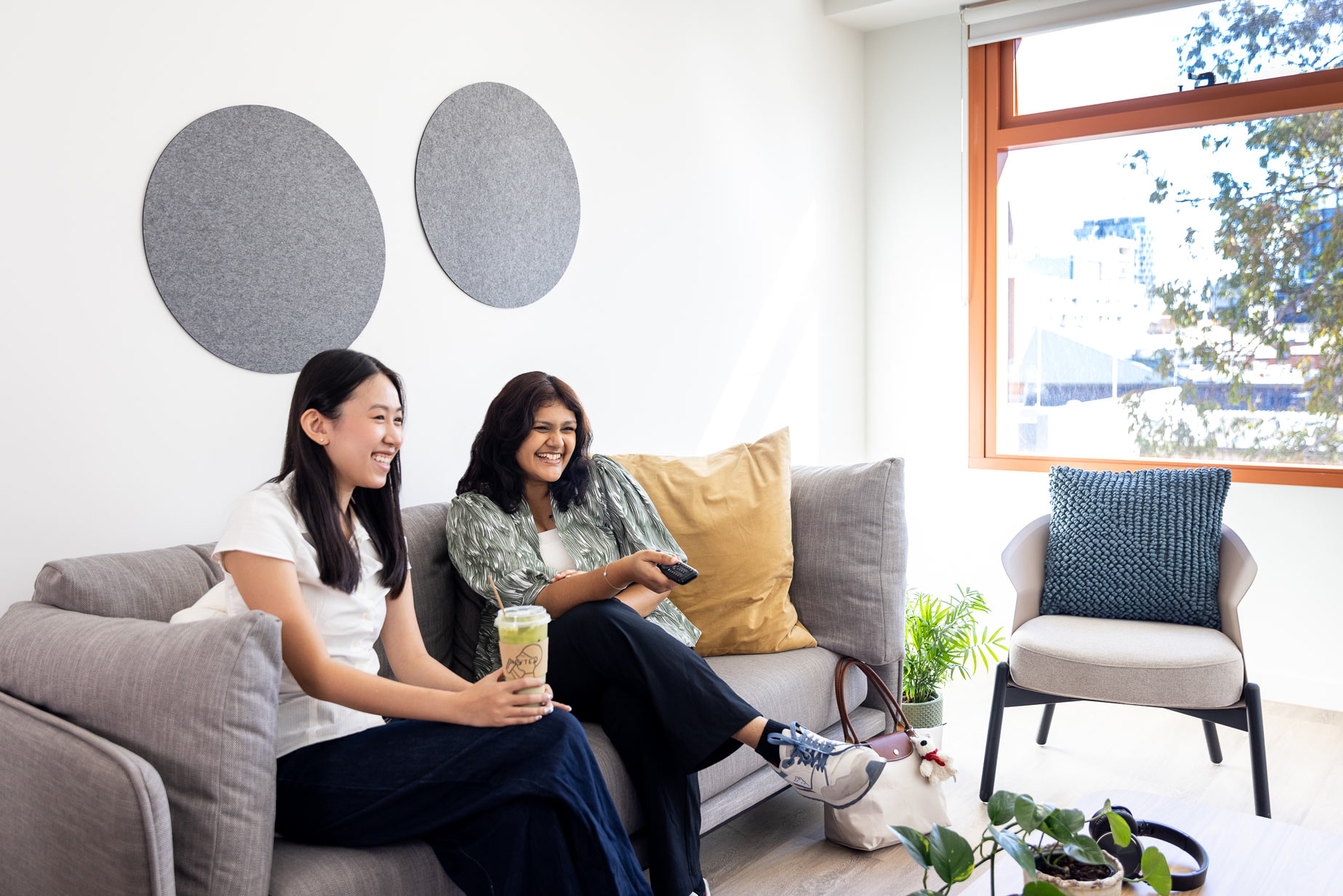
Homesickness means you have a home worth missing — and that’s something to be proud of.
Give yourself patience, surround yourself with kindness, and take one small step each day.
Because every day, you’re not just studying abroad. You’re building the life that belongs to you.
Read next article Read previous article